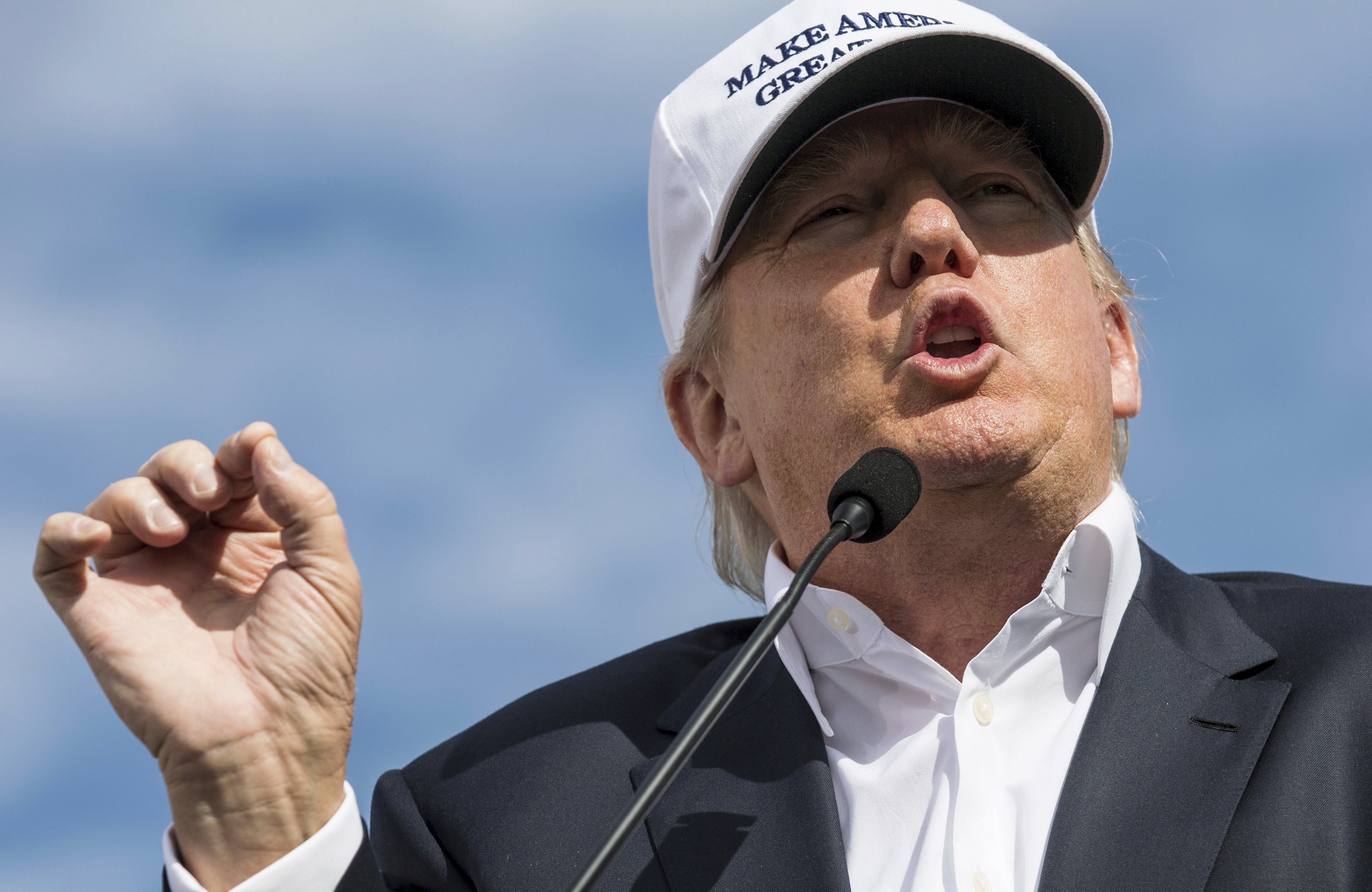Donald Trump's claim that "Japan is back" isn't the dominant view among economists. Apparently, the Bank of Japan agrees with his assessment.
Gov. Haruhiko Kuroda held the central bank's unprecedented easing unchanged at the end of last week, even as policymakers put back the time frame for achieving a target of 2 percent inflation. Trump showed his awe at witnessing "the biggest ships I have ever seen" loaded with Japanese cars in Los Angeles because of the weaker yen. The BOJ has said it was optimistic rising wages would sustain a "virtuous economic cycle" as rebounding fuel prices push up inflationary expectations.
The monetary authority skirted the issue of whether its stimulus policies were responsible for the 18 percent drop in the yen over the past two years that has helped drive profit growth at exporters like Toyota Motor Corp. Given tensions at the Group of 20 meeting in September, policymakers are likely to be acutely aware of how more aggressive easing and an even weaker currency would play out during a U.S. election year.


















With your current subscription plan you can comment on stories. However, before writing your first comment, please create a display name in the Profile section of your subscriber account page.